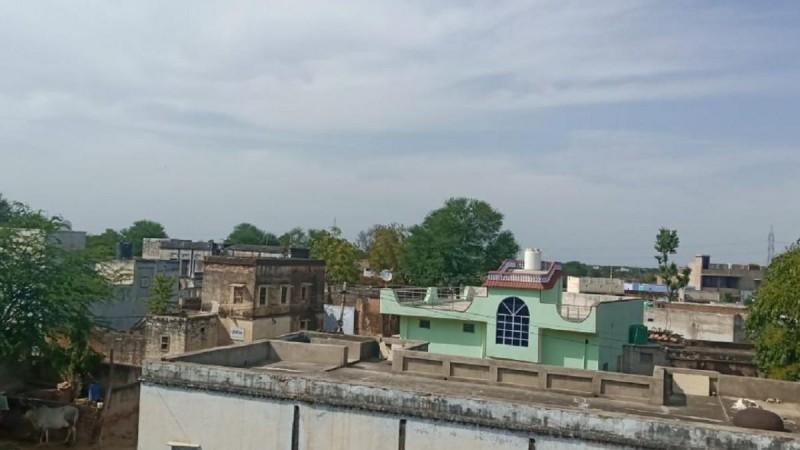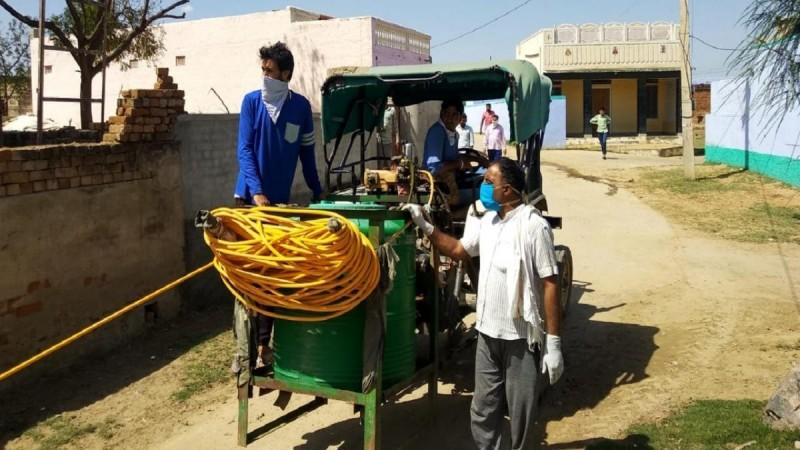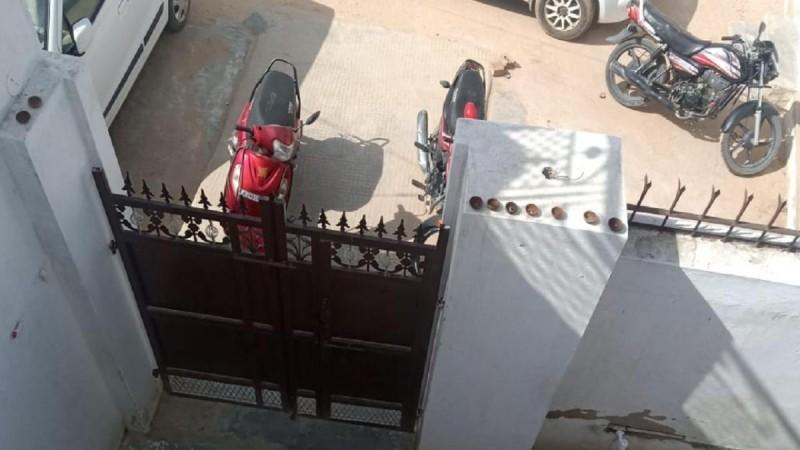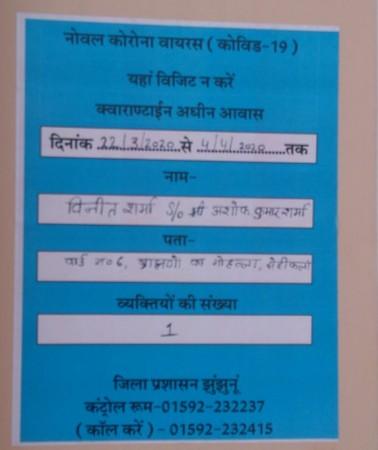India was doing fairly good to keep the coronavirus at bay until March 4 when an Italian tourist couple in Rajasthan tested positive for the deadly coronavirus. As soon as the news of their tests flashed, alarms went off in Rajasthan's Jhunjhunu district where the Italian couple along with their group had stayed for a few days. State government swung in action and locked down the hotel in Mandawa, a popular tourist attraction in the district, where the Italians had stayed and isolated its staffers.
While the government was taking certain measures, Sehikalan, a remote village in the virus-hit Jhunjhunu district announced to cancel its annual fair, which was scheduled to be held on April 6. The fair is quite popular in the locality and hundreds of people from nearby villages gather to celebrate the folk culture and traditions. The cancellation of the annual fair meant that people in the village were serious and anticipated the impact of the deadly virus.

Until now, the villagers would leave most of their worries on their folk deity 'Dada Nait'. There are stories that 'Dada Nait', riding on his white horse, watch over the entire village every night. Most people don't lock their houses as they think their folk deity would not allow any theft. However, this time it was different. The villagers understood the gravity of the situation and took control of their own safety from the coronavirus infection.
A WhatsApp group created for the recently concluded local cricket tournament is now being used to spread awareness about the disease and coordinate the village's efforts against the COVID-19 pandemic. Generally, there is a perception that people in rural India panic in such situations and due to the lack of literacy, they easily fall prey to rumour-mongering. But thanks to the literacy part, this isn't the case in Sehikalan as most of the people are educated. Jhunjhunu is Rajasthan's number one district in male literacy and third overall after Kota and Jaipur.
Taking a scientific approach to keep coronavirus at bay
Since the government was not doing enough in the rural areas, Rambhakt, a resident of the village who runs his own business in state capital Jaipur suggested in the WhatsApp group that they should disinfect the entire village. The idea was well supported by the other members, a mix of those who migrated to cities for jobs and those who are still living in the village.
Sunil Sharma and Babalu Shekhawat, both running their own business in a nearby town, agreed to bear the costs of disinfectants. A tractor and an agriculture sprayer were arranged by two others and the next morning, the drive to disinfect the entire village started. Around 10-15 men, wearing face masks and hand gloves gathered outside the government school and started spraying disinfectant.

There are some 500 homes and the other 100 in a nearby village that also falls in the Sehikalan gram panchayat. The team went door to door and sprayed disinfectant. This is usually done by governments in such situations but the villagers decided not to wait for it.
"The government is doing its own work but it is our duty as well to support the. Healthcare in rural areas is very poor and if the virus spreads here, it will be a complete disaster. The only way we can win this battle is by protecting ourselves," says Rambhakt.
There are some people under home-quarantine. A group member shared the names of those who have come from Delhi, Maharashtra and other states and asked them not to leave their houses. A government team has also enlisted these people and notice asking other people not to visit them have been pasted on their main-gates.

On a normal day, around 30-40 youths and children will gather at the playing ground on the outskirts of the village to play football and cricket. Even before the government's lockdown, the villagers had stopped going there. Most people are staying inside their homes and practicing social distancing. The villagers have also stopped visiting each others' houses, but even if they do, washing hands with soap and water are mandatory before entering.
The 'totkas' against COVID-19
But the women of the village still believe in their totkas and myths. The totkas are considered as some sort of empiricism. Sushila Devi is concerned for the safety of her grandchildren. Her grandson has weak immunity and he easily catches flu. She lit nine diyas, one for every nine members in her family, and put a turmeric tika on their foreheads. She was told by her neighbour that by doing so, she can keep the pandemic away from her family.

Kanchan, a house-wife and mother of three, has prepared a drink by boiling the Neem (Indian lilac) leaves. Neem, is known for its pesticidal and insecticidal properties, and Kanchan thinks that it will protect her and her family from the coronavirus. Naveen, one of her three sons, doesn't believe this but he took the drink as it will give a little assurance to his mother and she would worry a little less.
The rumours about the spread
Vineet Sharma, an engineer in Delhi, had recently returned to the village. Government officials visited him and asked to stay in home-isolation for 14 days. They put a notice outside his house and advised people not to visit him. Even after 10 days, he didn't show any symptoms but that doesn't stop some people from spreading rumours. During the disinfection drive, a villager said that this was a necessary move after the guy who got married last month was tested positive. He was talking about Sharma.

"Indeed, a much-needed move. But who told you he has tested positive," the man was asked.
"I don't know, but this is what we have heard. We heard he has been admitted to SMS hospital in Jaipur," the man said. When cross-checked, it was found out that the engineer's family approached the IT centre and informed them about his return from Delhi. He was kept in isolation at his home and not in the hospital as a precautionary measure being taken up everywhere.
Of the total 59 cases of coronavirus in Rajasthan, seven are from Jhunjhunu. The government has set up quarantine facilities across the district and those who came in contact with the infected persons are being kept there. Rajasthan Chief Minister Ashok Gehlot has ordered officials to set up a lab in the district and asked them to carry out door to door campaign to trace the COVID-19 suspects.

















